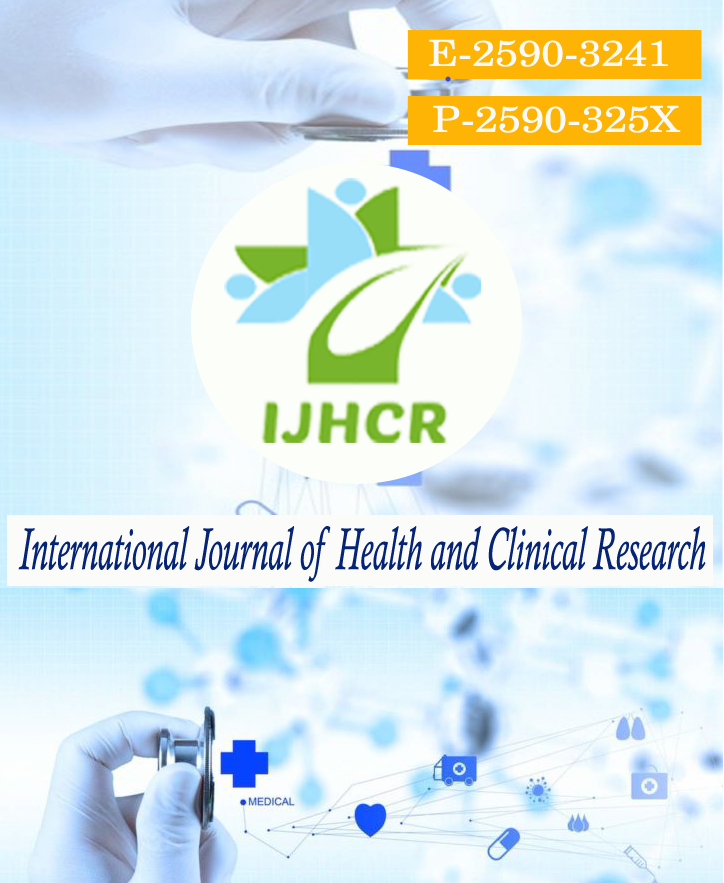
International Journal of Health and Clinical Research
Yazarlar: Lokesh T, Venkateswaran Arumugam
Konular:-
Anahtar Kelimeler:Acute cholecystitis,CT,Leukocytosis,MDCT.
Özet: Introduction: Acute cholecystitis is an acute inflammatory condition of the gall bladder; 95% of cases of acute cholecystitis are due to an obstructing calculus in the gall bladder neck or cystic duct. The Pathophysiology of acute cholecystitis is complex and not completely understood. In 96% of cases there are gallstones, and typically, a calculus causes cystic duct obstruction. Materials and Methods: Data of patients who were diagnosed to have acute cholecystitis on Computed Tomography CT between the year 2018 to 2019 were included in the study. Confirmed diagnosis of cholecystitis was obtained from histopathology those without confirmed diagnosis was excluded from study. Computed Tomography CT images of cases were obtained using MDCT scanners (16 Slice Simens Healthcare systems). Additional Contrast-enhanced images were obtained during short breath-holds after 65 seconds of IV administration of 2 mL/kg of nonionic iodinated contrast material injected at a rate of 2.5–2.8 mL/s by power injector. Results: In total 100 patients were included in this study between the age of 20 to 80 years. Most common presenting complains were abdominal pain (86.3%) followed by nausea and vomiting (30.5%). Leukocytosis was present in 67.1 % of the patients. Regarding CT signs Pericholecystic inflammatory changes were most commonly present (86.3%). This was followed by gall bladder distention (85.5%), wall thickening (76.3%), enhancement of gall bladder mucosa (75.5 %), visualization of gall stones (58.8%), tensile gall bladder fundus (38.8%), reactive hyperemia (37.1%) and Penicholecystic fluid collections (31 %). Most common complication was perforation and abscess formation. Conclusion: Computed Tomography CT had proved its role as an important diagnostic tool in evaluation of abdominal pain. An evaluation of Computed Tomography CT signs in diagnosis of acute cholecystitis will help improve the diagnostic confidence in acute cholecystitis and will also help in differential diagnosis.